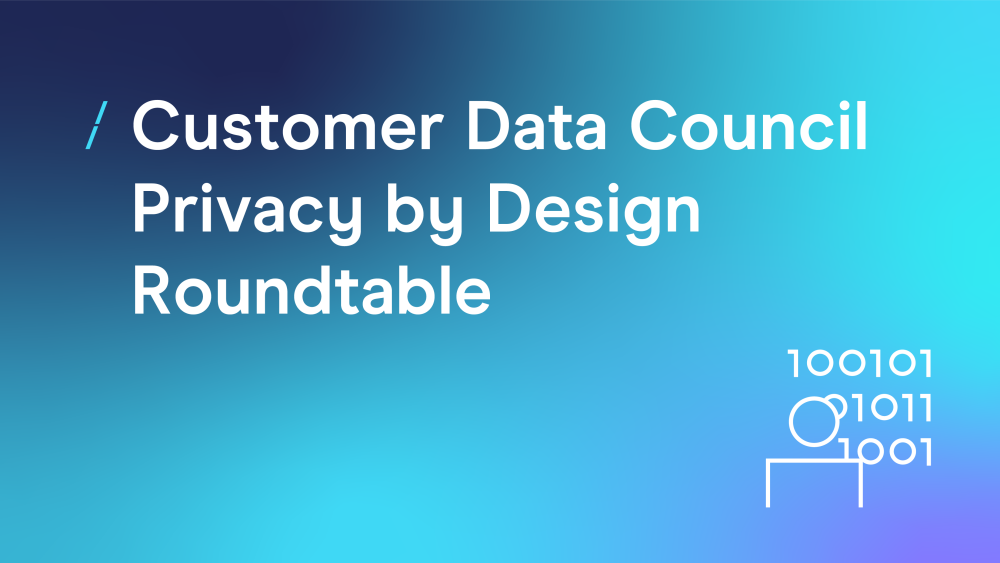Customer Data Council Privacy by Design Roundtable
22 Oct 2021

“Privacy by design/default” is a term that is often used and a goal that is set by privacy experts. Despite this, not everyone knows what it actually means in practice. Data privacy and consumer understanding of their data is becoming increasingly important. Along with changing regulations and technology, privacy by design is something that many are looking at how it’s implemented.
The DMA Customer Data Council participated in a roundtable discussion to answer key questions around privacy by design and how it can be implemented effectively. Colin Bradshaw, Deputy Chair of the DMA Customer Data Council, opened the discussion, which included:
- How do you maintain customer privacy by design/default in everyday work?
- What do we mean by “Privacy by Design”?
- How do you keep privacy by design in spirit as well as part of your risk prevention process?
- How does your current review process of existing products/projects fit in with newer privacy obligations?
- Are privacy champions in different departments effective in supporting privacy by design, compared to only the legal and compliance teams considering it?
We would like to thank the attendees from the Customer Data Council who contributed their expertise to the roundtable discussion.
To find out more about the Customer Data Council or to get involved with their future discussions please contact the Councils team – councils@dma.org.uk




Please login to comment.
Comments